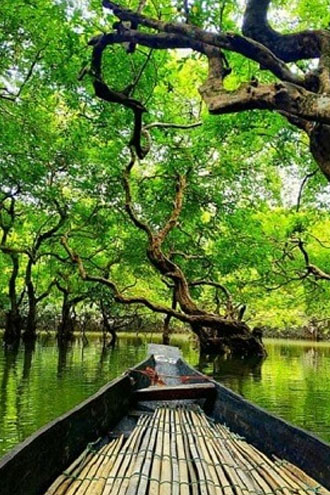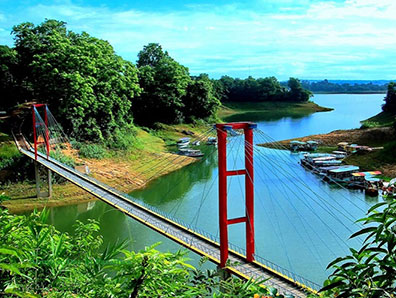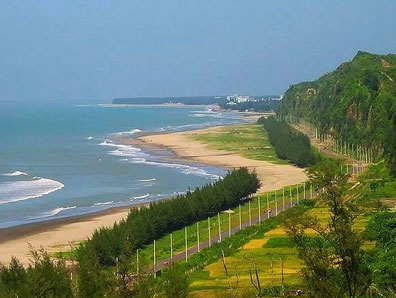Greenland is an autonomous territory of Denmark located between the Arctic and Atlantic Oceans, east of Canada. It is the world's largest island and has an area of over 2.1 million square kilometers, but it has a small population of around 56,000 people. The official languages are Greenlandic and Danish, and the currency is the Danish krone.
Greenland has a long history of human habitation, with the Inuit people having lived there for thousands of years. The island was colonized by the Norse in the 10th century, but they abandoned it in the 15th century. Denmark reasserted control over Greenland in the 18th century, and it has been a part of the Kingdom of Denmark since then.
Greenland has a small, isolated economy that is heavily dependent on fishing and hunting, along with a growing tourism industry. The country also has significant mineral resources, including coal, zinc, and lead, and it has been looking to exploit these resources as a way to diversify its economy.
The country has a unique political status as an autonomous territory of Denmark. It has its own government and parliament, and it has been granted increasing autonomy in recent years, with control over areas such as natural resources, policing, and justice. However, Denmark is still responsible for defense and foreign affairs.
Greenland is known for its beautiful natural landscapes, including glaciers, fjords, and mountains. It is also home to a variety of wildlife, including polar bears, musk oxen, and narwhals. The country's culture is heavily influenced by the Inuit people, and it has a unique blend of traditional and modern ways of life.


